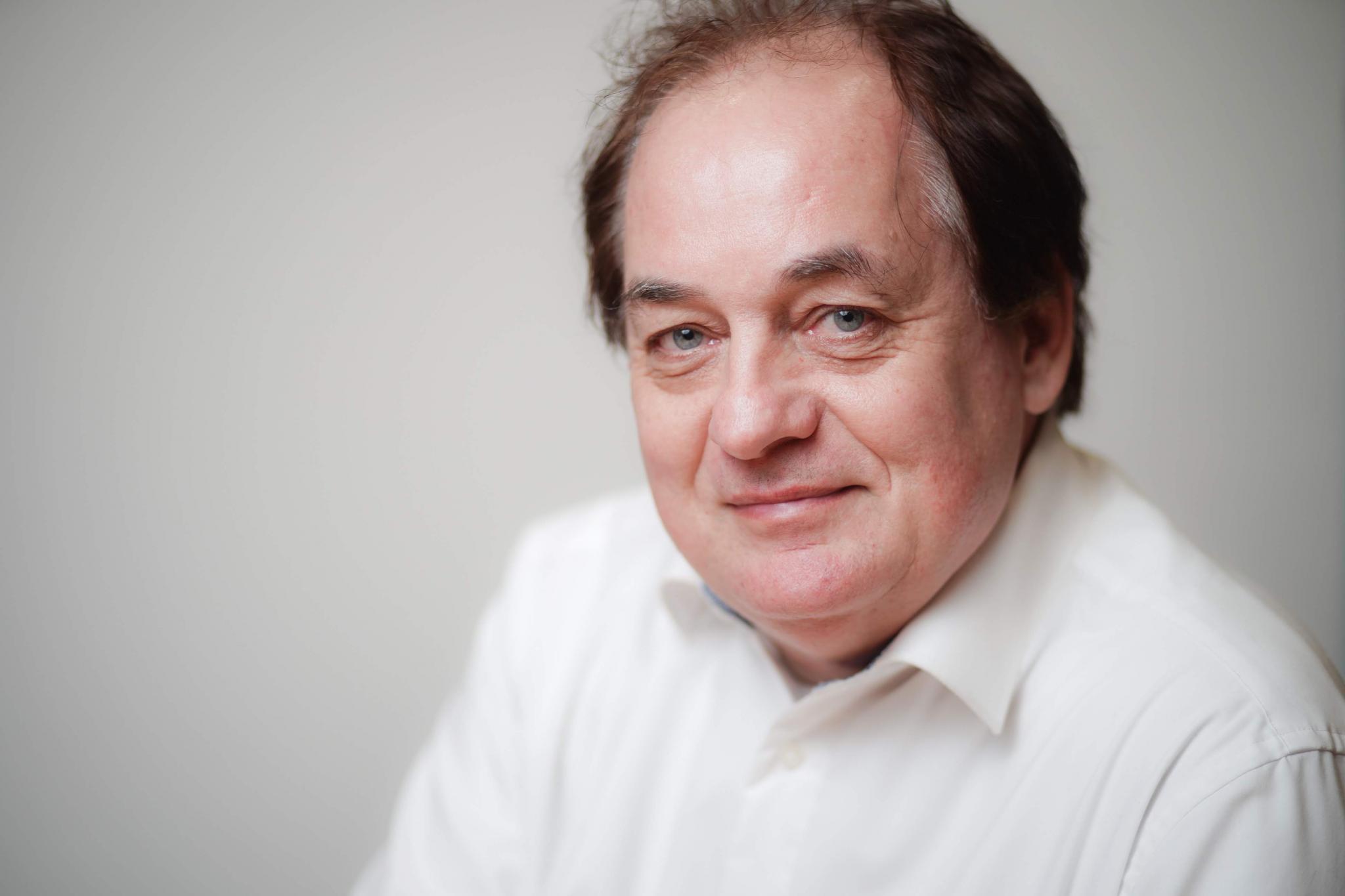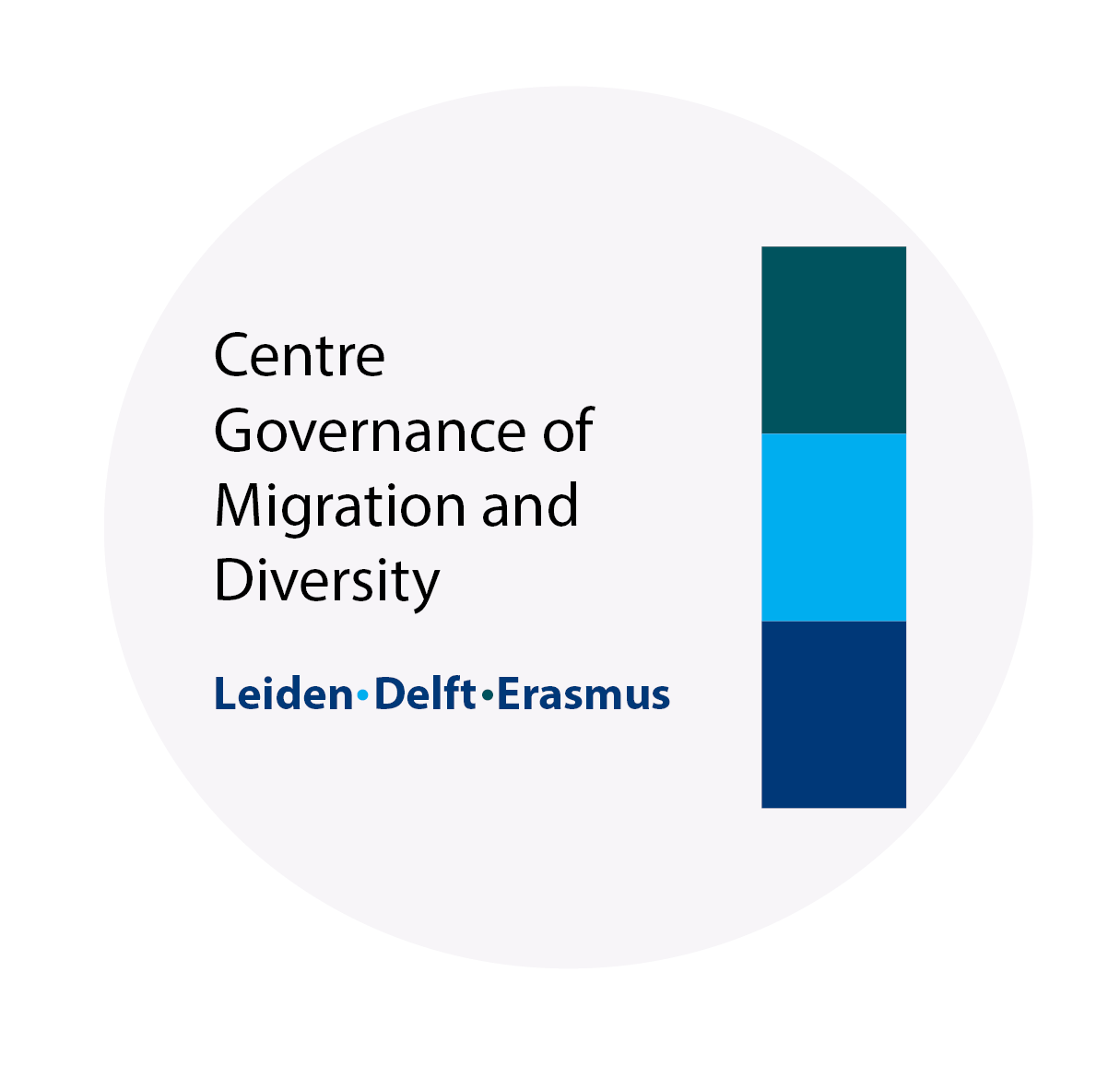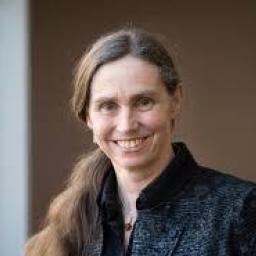Interview with prof.dr. Wim van den Doel, Dean of Leiden-Delft-Erasmus, about research for an inclusive society

'Inclusive Society' is one of the four main themes of Leiden-Delft-Erasmus. Why and what does it mean? We spoke to Dean of the LDE alliance Prof. Wim van den Doel following the launch of the new LDE Centre Governance of Migration and Diversity.
The term 'inclusive' has become increasingly ubiquitous. Where does it come from?
Van den Doel: 'Striving for an inclusive society is actually quite an old phenomenon. The French and American Revolutions were already trying to end differentiating by origin and make every citizen function equally in society. And, in the great emancipation movements, for example, workers and women also strived for an inclusive society. The term "inclusive" is now increasingly used, especially after the 1995 World Summit for Social Development in Copenhagen. So in the past 25 years, it has become more of a political term. The concept of an 'inclusive society' is being further defined in academia, and, research is being conducted into how a society can be made more inclusive.'
What do we mean by inclusive and why is this concept so relevant now?
Van den Doel: 'An inclusive society aims for equal access and opportunities for everyone regardless of ethnicity, origin, age, gender, disability, religion or other factors. It is supposedly a society that leaves no one behind. Equal rights and being able to make use of your talents - these are now important, permanent values for most democracies. Nowadays we realize more than before that this also requires permanent attention. A society is never "finished". Situations keep changing, and factors like climate change and the inevitable migratory flows in the world bring new challenges for an inclusive society.'
An inclusive society aims at providing equal access and opportunities for everyone"
Why have the three collaborating universities chosen 'Inclusive Society' as one of LDE's 4 main themes?
Van den Doel: 'Working on an inclusive society is essential in our cities in Zuid Holland, as well as around the world. It is quite logical and suitable that the three universities have chosen to tackle this problem. An inclusive society is what we also call a wicked problem: if you solve one, then another problem arises. It is therefore smart that different scientific disciplines join forces to tackle it. For example, an expert in big data would work with a humanities scientist who knows the cultures of different population groups. This leads to new insights, which can then be translated into practical policy.'
How does Leiden-Delft-Erasmus conduct research for an Inclusive Society?
LDE has a number of research centres and courses that focus on an Inclusive Society, below are some examples:
- Centre for Frugal Innovation in Africa – How can we ensure that the poorest members of society have access to basic services such as clean drinking water?
- Centre for BOLD Cities - How can you ensure that different groups of residents contribute to decisions about the use of big data in cities?
- Centre for Global Heritage and Development - How do you give shape to the idea that heritage is a human right?
- Centre Governance of Migration and Diversity - How do you make policy that ensures that old and new residents share equal opportunities?
Leiden-Delft-Erasmus launches new Centre: Governance of Migration and Diversity
 The new centre was launched in January 2020 and focuses primarily on governance and policy issues related to migration and diversity. Society, including governments, demand scientific insights when it comes to managing migration issues, says Prof. Peter Scholten, scientific director of the centre. "The major challenges surrounding migration and diversity in society require collaboration from multiple disciplines." The new centre will be joined by a total of eight faculties (including six professors and two associate professors) from Leiden University, TU Delft and Erasmus University Rotterdam.
The new centre was launched in January 2020 and focuses primarily on governance and policy issues related to migration and diversity. Society, including governments, demand scientific insights when it comes to managing migration issues, says Prof. Peter Scholten, scientific director of the centre. "The major challenges surrounding migration and diversity in society require collaboration from multiple disciplines." The new centre will be joined by a total of eight faculties (including six professors and two associate professors) from Leiden University, TU Delft and Erasmus University Rotterdam.
 Prof. Wim van den Doel has been Dean of Leiden-Delft-Erasmus since February 2020. Van den Doel is professor of history and was Dean of the Faculty of Humanities at Leiden University for nine years. He has been responsible for research in the humanities and social sciences as a board member of the Netherlands Organization for Scientific Research (NWO) for the past three years.
Prof. Wim van den Doel has been Dean of Leiden-Delft-Erasmus since February 2020. Van den Doel is professor of history and was Dean of the Faculty of Humanities at Leiden University for nine years. He has been responsible for research in the humanities and social sciences as a board member of the Netherlands Organization for Scientific Research (NWO) for the past three years.

